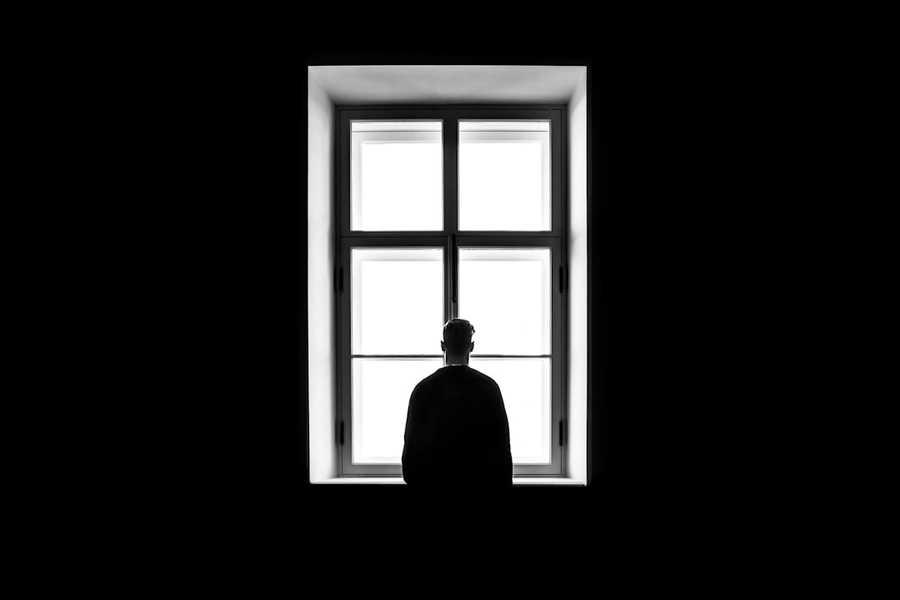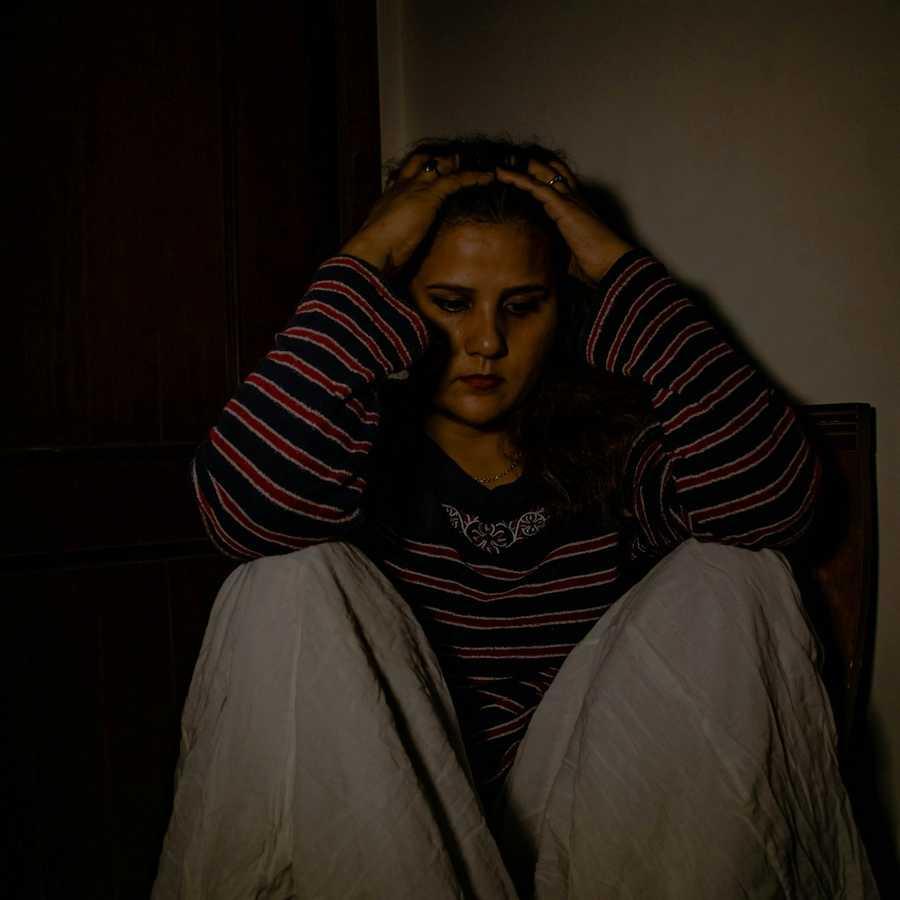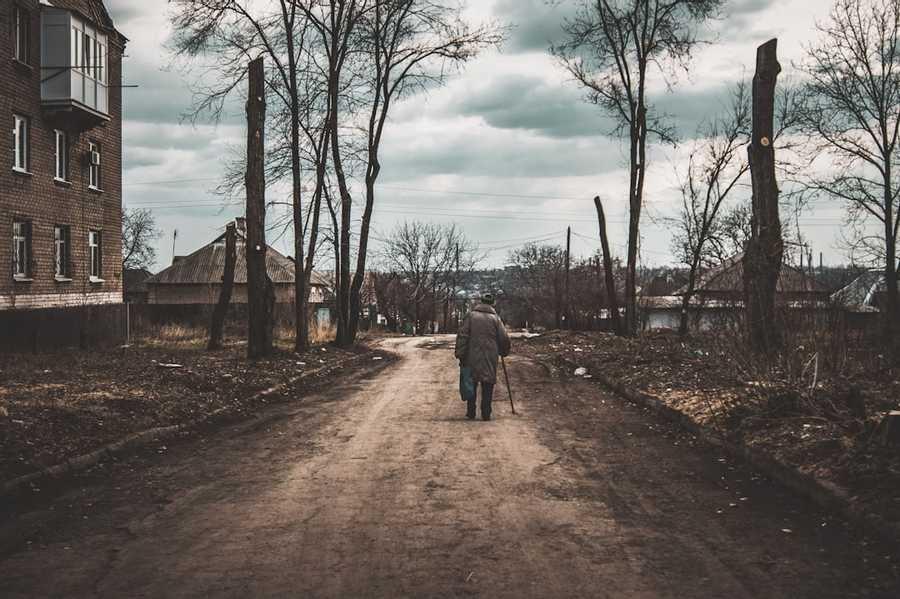Explore the World's Best Ideas
Join today and uncover 100+ curated journeys from 50+ topics. Unlock access to our mobile app with extensive features.
Loneliness
Everyone from time to time has felt lonely. Physically, feel hollow and empty inside. As if something is missing within. Emotionally, feeling alone, sad, and untethered.
22
647 reads
Dangers of Loneliness
- Loneliness increases the likelihood of death by 26%.
- Loneliness in young teens heightens the risk for mental health disorders.
- Loneliness worsens symptoms and length of illness when sick.
- Loneliness lessens children’s immune responses.
- Loneliness increases the risk of high blood pressure.
- Loneliness raises the risk for heart attack by 29%.
24
160 reads
Dangers of Loneliness
- Lonely individuals are at higher risk for disability.
- Loneliness puts individuals at greater risk of cognitive decline.
- Loneliness raises the risk by 32% for stubbiness
- Loneliness raises the risk of poor physical health in children.
- Loneliness increases suicide in the geriatric population.
- Loneliness increases suicidal ideation and suicide attempts in teenagers.
23
147 reads
Types of Loneliness
1. Interpersonal Loneliness
This is the most common kind of loneliness children and adults experience. This is where a person is socially isolated or perceives him or herself as cut off from a significant other.
2. Social Loneliness
Social loneliness is where children or adults are excluded, rejected, or perceives themselves to be disconnected from a group or community.
3. Cultural Loneliness
When a person feels a disconnect from their own culture or the mainstream culture so much so that they feel they don’t belong anywhere.
24
132 reads
Types of Loneliness
4. Intellectual Loneliness
Where a child or an adult feels a lack of intellectual stimulation and connectedness to others or a group.
5. Psychological Loneliness
When trauma disrupts a person’s sense of belongingness, loneliness can result. Because no one else can understand the trauma, social withdrawal can occur.
6. Existential Loneliness
When morality is faced by a child or an adult, an isolating sense of loneliness can develop.
26
123 reads
Strategies to Reduce Loneliness
1. Ask for help.
Reach out to friends and family with a phone call or a personal visit. Talk about feelings of isolation to cue in loved ones. If you have a significant other, tell him or her that you’re feeling lonely in the relationship. Sharing feelings helps open the door to greater social involvement.
2. Find purpose.
Join a local community, church, or temple group that dovetails with some of your interests. Consider volunteering as another great way to make new friends and socialize.
23
72 reads
Strategies to Reduce Loneliness
3. Seek a four-legged friend.
Consider adopting a pet. Creating a bond with a dog, cat, or another animal companion can ease feelings of loneliness and improve well-being.
4. Unplug from computer/phone/social media and connect in real life.
Remember to disconnect from technology and put yourself into the real world. Studies show that offline interactions have more positive social effects than online activities. Young adults and teens who spend a lot of time on social media are twice as likely to feel lonely.
24
105 reads
IDEAS CURATED BY
Hasyb Ullah's ideas are part of this journey:
Learn more about psychology with this collection
Understanding the importance of decision-making
Identifying biases that affect decision-making
Analyzing the potential outcomes of a decision
Related collections
Similar ideas
8 ideas
The Key Differences Between Social and Emotional Loneliness
psychologytoday.com
5 ideas
Understanding the Loneliness Epidemic
psychcentral.com
5 ideas
The Health Consequences of Loneliness
verywellmind.com
Read & Learn
20x Faster
without
deepstash
with
deepstash
with
deepstash
Personalized microlearning
—
100+ Learning Journeys
—
Access to 200,000+ ideas
—
Access to the mobile app
—
Unlimited idea saving
—
—
Unlimited history
—
—
Unlimited listening to ideas
—
—
Downloading & offline access
—
—
Supercharge your mind with one idea per day
Enter your email and spend 1 minute every day to learn something new.
I agree to receive email updates







